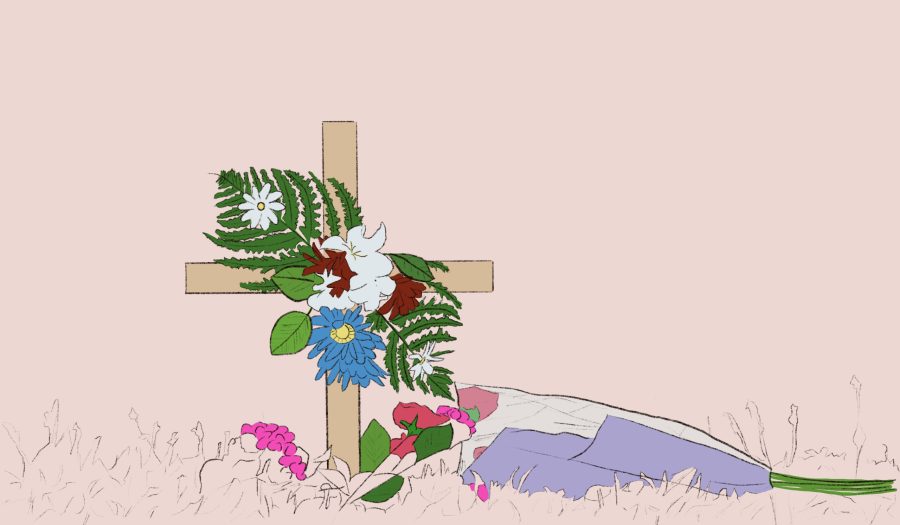Looking back at events this past week and this week in recent history as we learn to address criminal justice
Past mistakes are the ones from which we are taught to learn. But to discover racist lynchings of a Black citizen, we need not go on a historical expedition; a short trip back to Feb. 23, 2020 is enough. It has been one year since the unprovoked killing of Ahmaud Arbery. His death at the hands of racists shows us that mistakes are still being made. It is time to learn from the present. History is often analyzed retrospectively. Many times, lessons come decades or even centuries after consequential events. But there is so much to learn from our not-so-distant past as well. Exactly one year later, Illinois chose to take steps based on their willingness to understand the Black community’s pain and fear. Illinois terminated its highly discriminatory cash bail system. It is time for the rest of the country, including California and its citizens, to follow Illinois’ lead.
Illinois decided to change its trajectory on discriminatory practices this past Tuesday. Governor Pritzker signed legislation that ends the practice of requiring cash bail to allow the release of a non-violent defendant before their trial. This practice often makes it difficult for poorer citizens, who are disproportionately people of color, to await their trials outside of a cell. With Illinois’ new law, any charged citizen who is not a dangerous threat to society is truly free until and unless they are proven guilty. Any means any: not just the wealthiest and whitest of those charged.
Our system failed Arbery among countless others. But on his death anniversary, we can count on Illinois to address poverty and race-driven generational trauma. Justice has yet to be served in Arbery’s case, but he has since become a martyr of the Black Lives Movement. We have yet to see whether the defendants’ hateful rhetoric and incriminating video evidence are enough for the jury to convict them. But in previous cases like the trial of George Zimmerman, the killer of Trayvon Martin, “innocent until proven guilty” often becomes innocent even when proven guilty in the trial. While his death has yet to be avenged in the court of law, his impact has spread beyond his close circles. His, George Floyd’s, and Breonna Taylor’s untimely demises have reinvigorated a movement that fights against a system that treats Black Americans as guilty until proven innocent — a system that discriminates at every level, from the roads to the courts to the prison cells.
Eliminating cash bail is one step of many towards complete criminal justice reform, but it is an instrumental one. Illinois was the first state to take this leap; it is time for California to do the same. Many get discouraged by how unattainable seismic shifts seem. But systematic change is far from impossible. It is time to think, write, whisper, and shout as we tackle criminal justice reform.
Art by Ava Bayley for the UC San Diego Guardian.

















